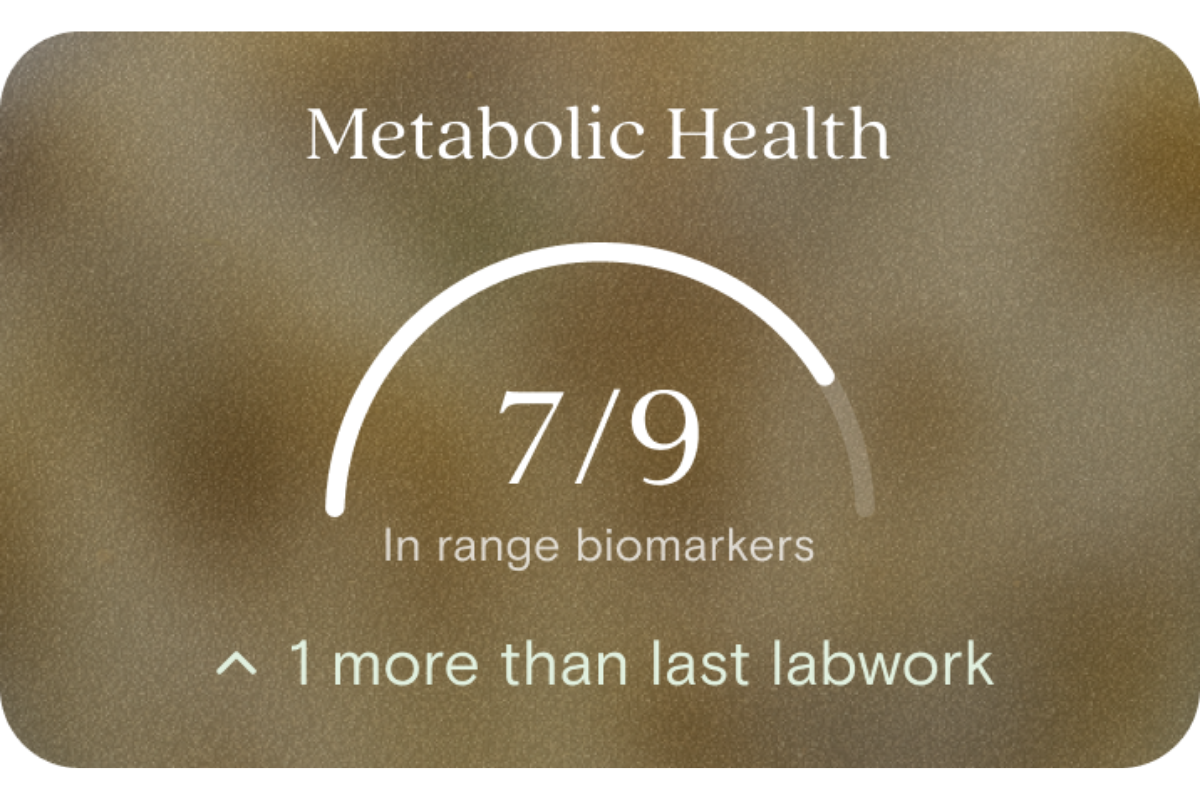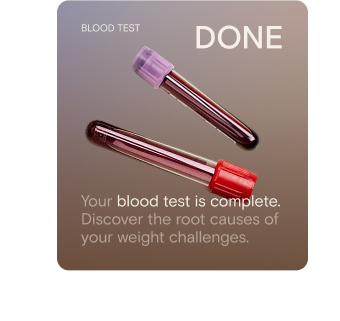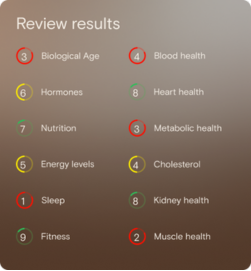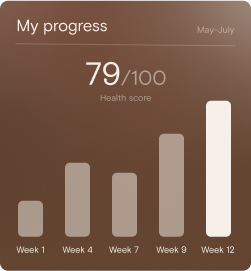What is a Metabolic Health Test?
A Metabolic Health Test measures how efficiently your body manages and converts glucose into usable energy. It includes key markers such as fasting glucose, fasting insulin, haemoglobin A1c (HbA1c) in IFCC mmol/mol and NGSP/DCCT %, random glucose, and HOMA-IR score—all expressed in standard Australian units.
Why does it matter for long-term health and wellbeing?
Balanced metabolic function supports stable energy, clear focus, and overall vitality. Monitoring these markers helps you understand how your everyday choices—like diet, sleep, and movement—influence your body’s energy balance and long-term wellbeing.
How do I know if my Metabolic Health is optimal?
Optimal metabolic health is reflected in glucose and insulin levels that remain within healthy Australian reference ranges and show consistency over time. Stable results often indicate that your body efficiently converts and utilises energy.
What influences Metabolic Health levels?
Metabolic markers can shift based on food intake, activity levels, stress, hydration, and sleep quality. Nutrition balance, meal timing, and recovery habits also play a key role in how your body maintains glucose and insulin equilibrium.
What does it mean if my Metabolic Health is outside the optimal range?
Variations outside optimal ranges may suggest your current lifestyle is placing extra demand on your metabolism. Tracking these results regularly helps identify patterns early so you can make simple, targeted adjustments to your daily routine.
How can I support healthy Metabolic Health levels?
Focus on nutrient-rich whole foods, regular movement, quality sleep, and proper hydration. Balanced meals with fibre, protein, and healthy fats can help stabilise energy throughout the day. Regular testing and mindful lifestyle changes can help maintain optimal results.
This information is provided for general health and wellness purposes only and does not replace medical advice.




















.png)


.svg)

